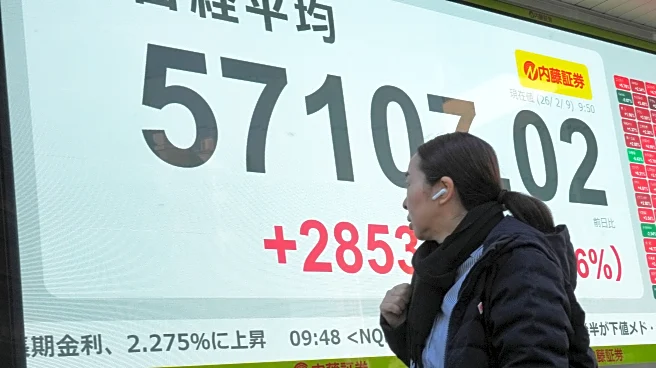What is the story about?
What's Happening?
Linamar, a major automotive supplier, has reported a decline in earnings and sales for the second quarter, despite remaining largely unaffected by tariffs. Executive Chair Linda Hasenfratz expressed concerns about the potential for higher vehicle prices and reduced demand as automakers face billions in tariff-related costs. Linamar's ability to dodge significant tariff expenses has been noted, but the overall financial performance has been impacted by other market factors.
Why It's Important?
The report from Linamar highlights the ongoing challenges faced by automotive suppliers in navigating tariff-related costs and market fluctuations. While Linamar has managed to avoid direct tariff impacts, the broader industry is grappling with increased costs that could lead to higher vehicle prices and potentially dampen consumer demand. This situation underscores the importance of strategic planning and cost management for suppliers to maintain competitiveness in a volatile market.
What's Next?
Linamar may need to explore strategies to mitigate the impact of declining earnings and sales, such as diversifying its product offerings or enhancing operational efficiencies. The automotive industry will likely continue to monitor tariff developments and their implications for pricing and demand. Stakeholders, including policymakers and industry leaders, may engage in discussions to address tariff-related challenges and support the sector's stability.
Beyond the Headlines
The situation faced by Linamar reflects broader economic pressures on the automotive industry, including supply chain disruptions and fluctuating demand. The company's experience may serve as a case study for other suppliers in managing external economic factors. Additionally, the potential for higher vehicle prices could influence consumer behavior and drive shifts in purchasing patterns.


















